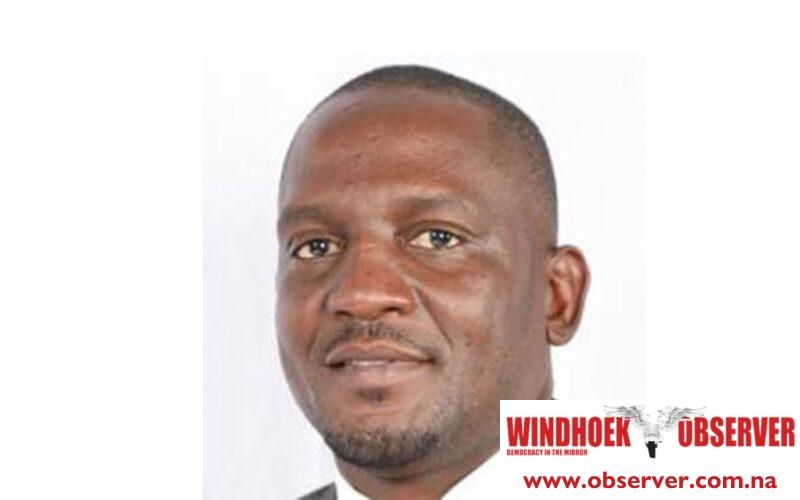Erasmus Shalihaxwe
The minister of works and transport, Veikko Nekundi, has instructed state-owned enterprises (SOEs) to stop awarding high-value contracts solely to foreign companies, saying local businesses must be part of tenders worth N$100 million and above.
Speaking in Walvis Bay on Monday during the visit of Prime Minister Elijah Ngurare to Namport, Nekundi said government institutions must ensure that local companies benefit from major contracts to retain capital in the country and create jobs.
“It will not be business as usual. I will not take it anymore that you award contracts to foreign companies only. This thing of issuing N$100 million contracts to foreign companies, money flying out of the country, cannot continue, and we must understand that,” he said.
He emphasised that local participation is not optional and must be integrated into all major procurement deals.
“If the contract has ten sub-contracts, at least one-third of those must be people from the Erongo Region. With employment, if the contractor is employing, it must be people from that region. That is non-negotiable. It is not up for discussion. It is a directive and it must be taken seriously,” he said.
Nekundi’s remarks follow concerns from local business groups and past criticism of SOEs awarding large-scale tenders to foreign-owned companies.
In December, the Namibia Local Business Association (NALOBA) criticised NamWater for awarding a N$237 million pipeline tender to a Chinese company, saying competent local businesses had been bypassed.
NALOBA spokesperson Marius Nangolo said at the time that such decisions undermined efforts to localise the economy and posed a threat to job creation.
While Nekundi acknowledged past concerns about delays and poor performance by local contractors, especially in road construction projects, he said these should not be used as an excuse to exclude Namibian firms.
He said moving forward, all SOEs must comply with the directive and ensure that procurement practices empower local companies and support regional economic development.




